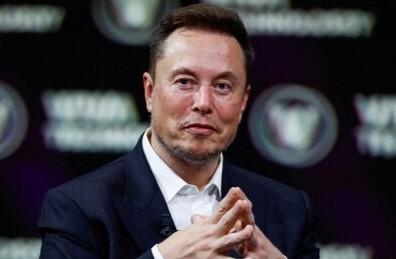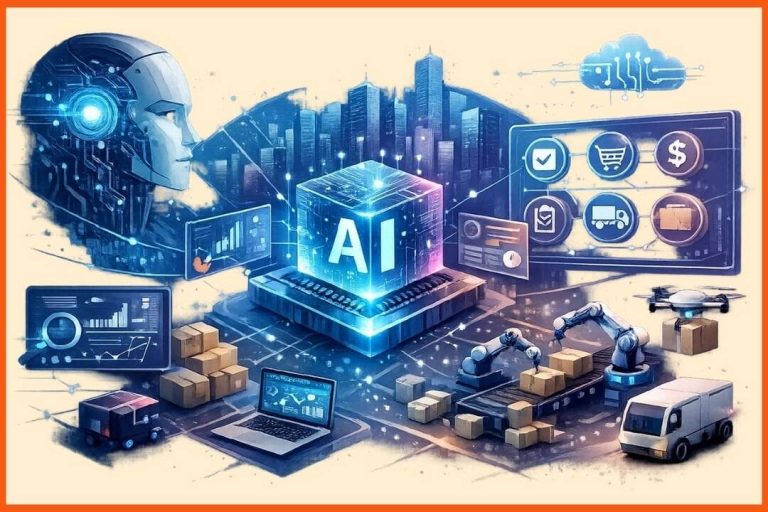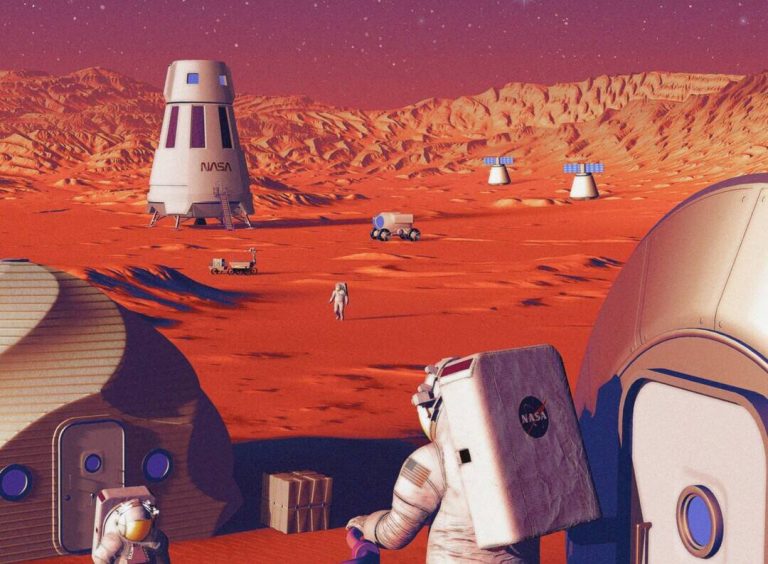
Work will become optional in future due to automation: Elon Musk
The world of work is on the cusp of a revolution, and it’s not just about remote work or the gig economy. According to Elon Musk, the CEO of Tesla, work will become optional in the future due to rapid advances in automation. In a recent statement, Musk predicted that within 10-20 years, work will no longer be a necessity for survival, but rather a choice that people make for pleasure.
Musk compared the future of work to maintaining a vegetable garden – something that a person would do for enjoyment, not because they have to. This shift, he said, will be driven by the rapid advances in robotics and automation, which will make many jobs obsolete. With machines and artificial intelligence (AI) taking over routine and repetitive tasks, humans will have more free time to pursue their passions and interests.
The idea of work becoming optional may seem like a utopian dream, but Musk is not the only one who believes that this is the future we are heading towards. Many experts and futurists have predicted that automation and AI will revolutionize the way we work and live. With the continuous improvement in AI, many tasks that were previously done by humans will be taken over by machines, freeing up people to focus on more creative and high-value work.
But what does this mean for the concept of work and the economy? If work becomes optional, will people still be motivated to contribute to society? Musk believes that money might stop being relevant due to the continuous improvement in AI. With the abundance of resources and the ability to produce goods and services at a lower cost, the traditional notion of work and money may become obsolete.
This raises important questions about the role of work in our lives and how we define ourselves. For many people, work is not just a means of earning a living, but also a source of purpose and identity. If work becomes optional, will people find new ways to define themselves and contribute to society? Will we see a rise in entrepreneurship, volunteerism, and creative pursuits?
The implications of work becoming optional are far-reaching and complex. On the one hand, it could lead to a more leisurely and enjoyable life, where people have the freedom to pursue their passions and interests without the burden of a 9-to-5 job. On the other hand, it could also lead to a loss of purpose and meaning, as well as a sense of disconnection from society.
To prepare for this future, we need to start thinking about how we can create a society that values and supports people’s contributions, regardless of whether they are working in a traditional sense or not. This could involve creating new forms of social security, such as a universal basic income, or finding ways to recognize and reward volunteerism and other forms of contribution.
Ultimately, the future of work is uncertain, and it’s hard to predict exactly how things will play out. However, one thing is clear: the world of work is changing rapidly, and we need to be prepared to adapt and evolve. As Musk said, the shift towards automation and AI is inevitable, and it’s up to us to create a future that is beneficial for all.
In conclusion, the idea of work becoming optional due to automation is a fascinating and complex topic. While it raises many questions and challenges, it also offers opportunities for us to rethink the way we live and work. As we move forward into this uncertain future, it’s essential to stay informed, adapt to change, and find new ways to contribute to society.






